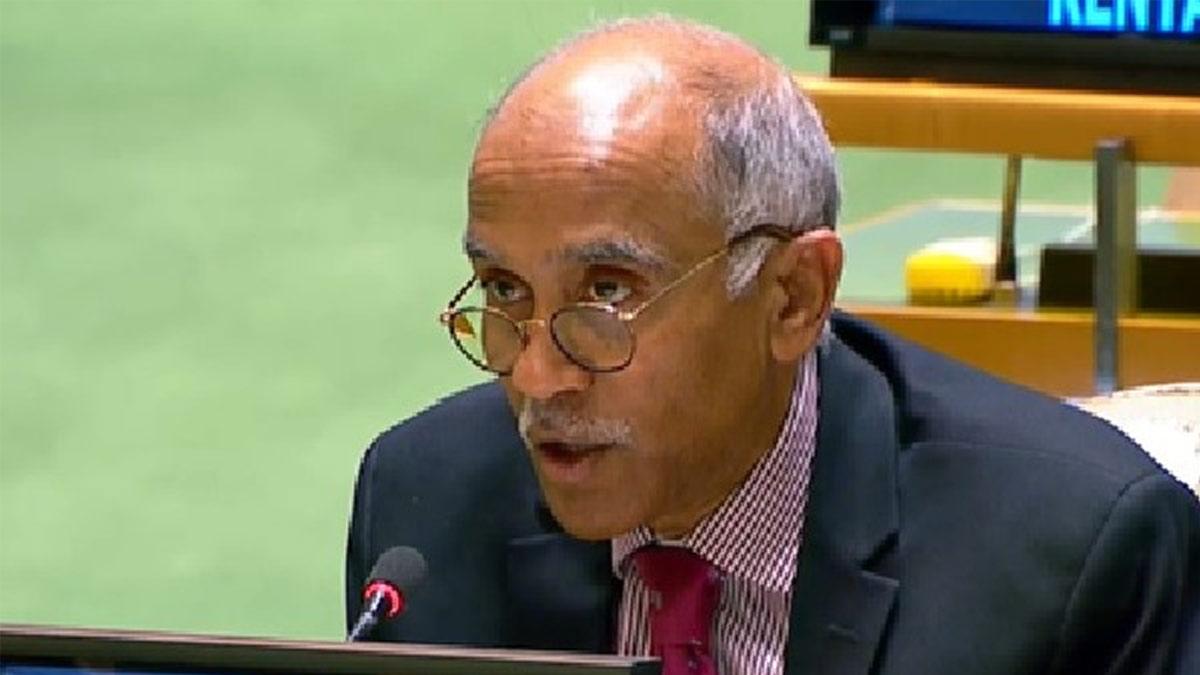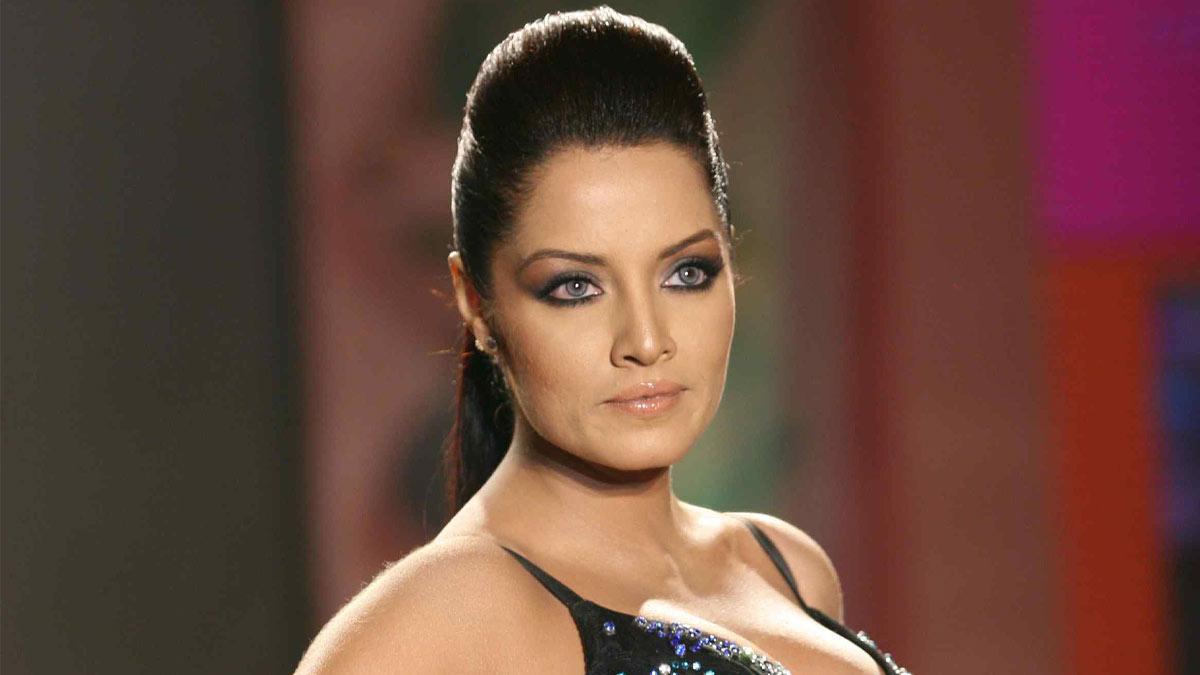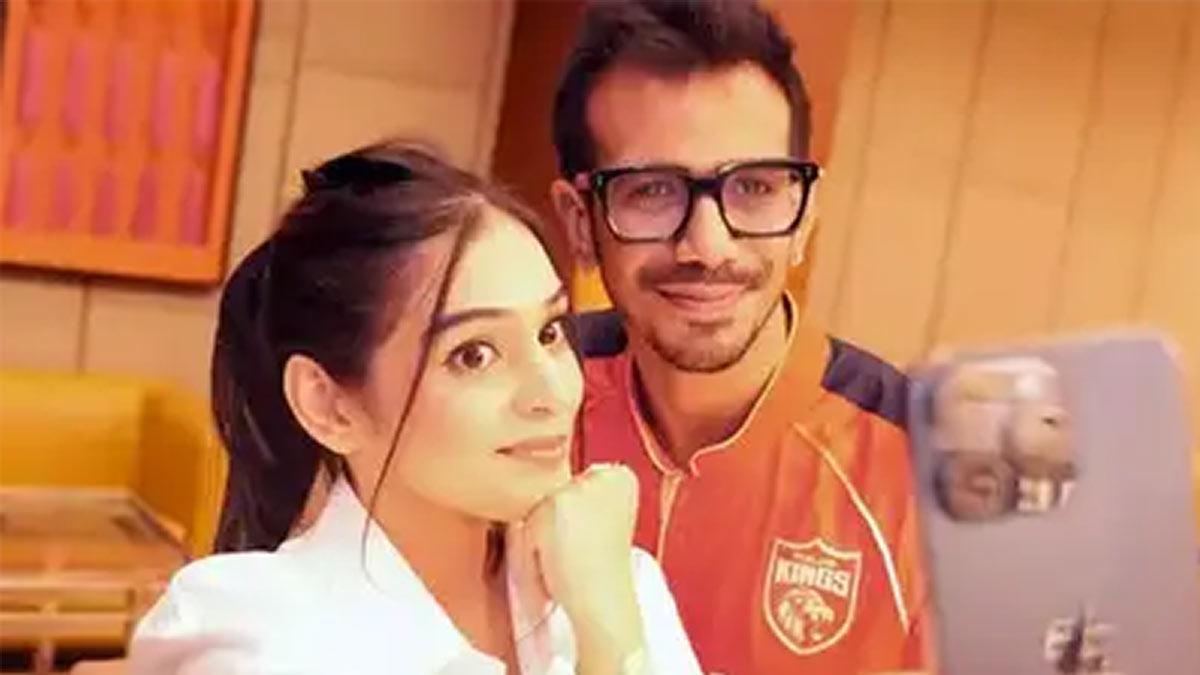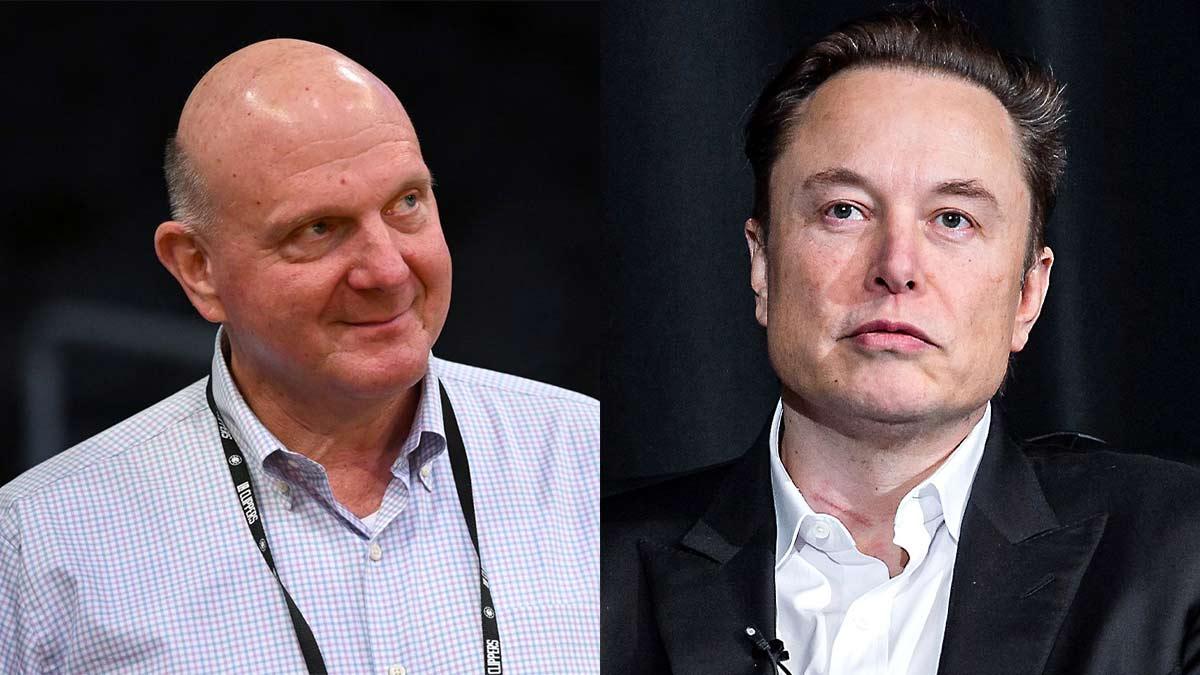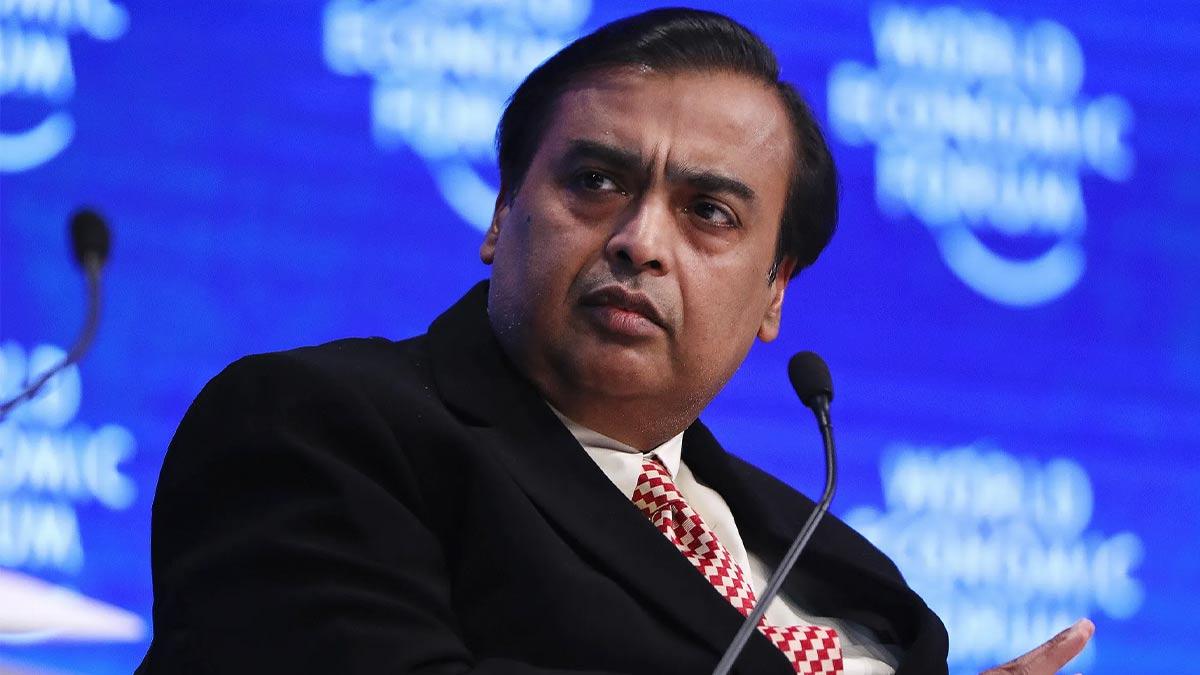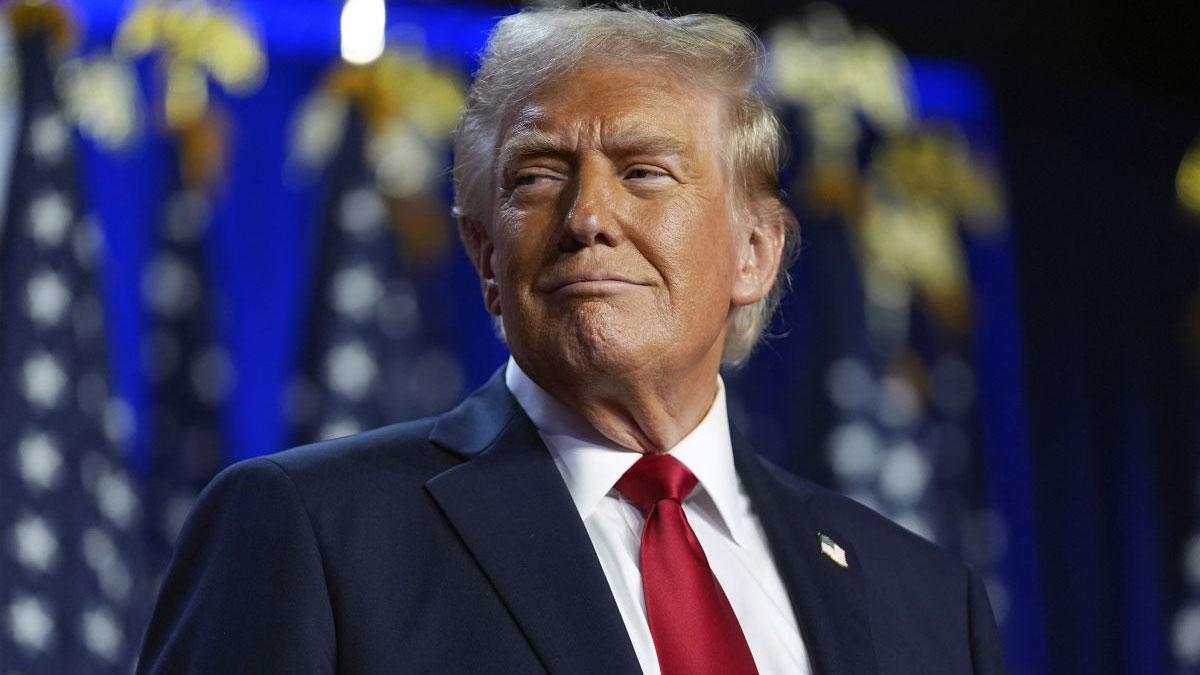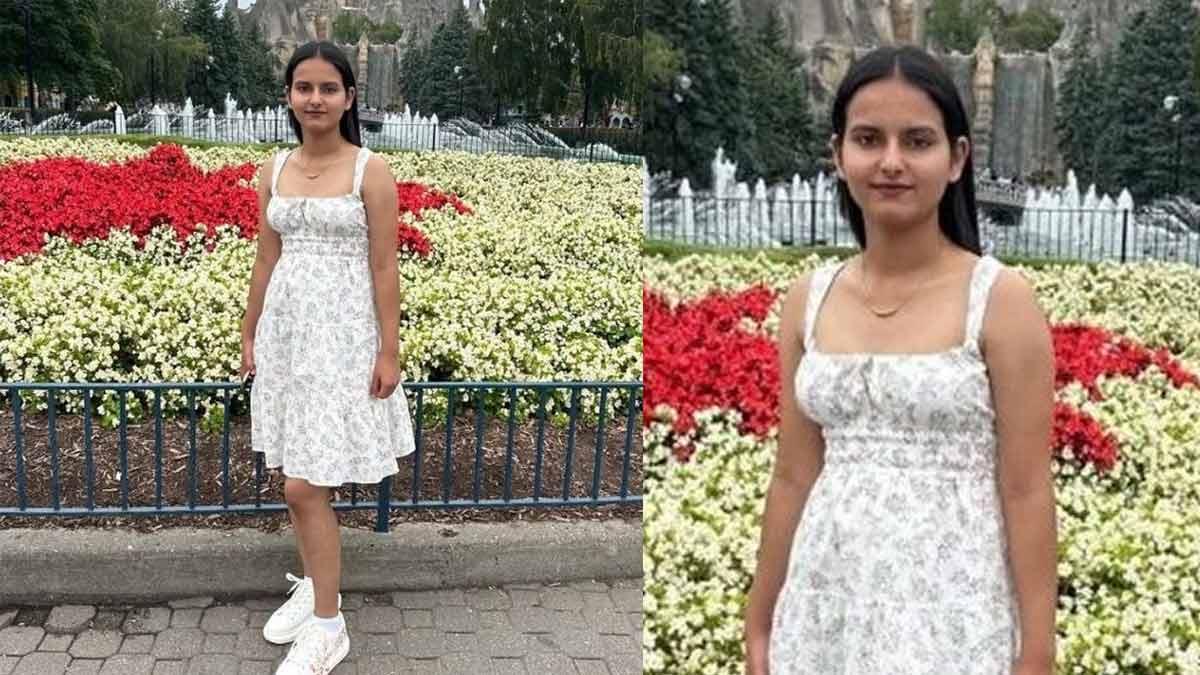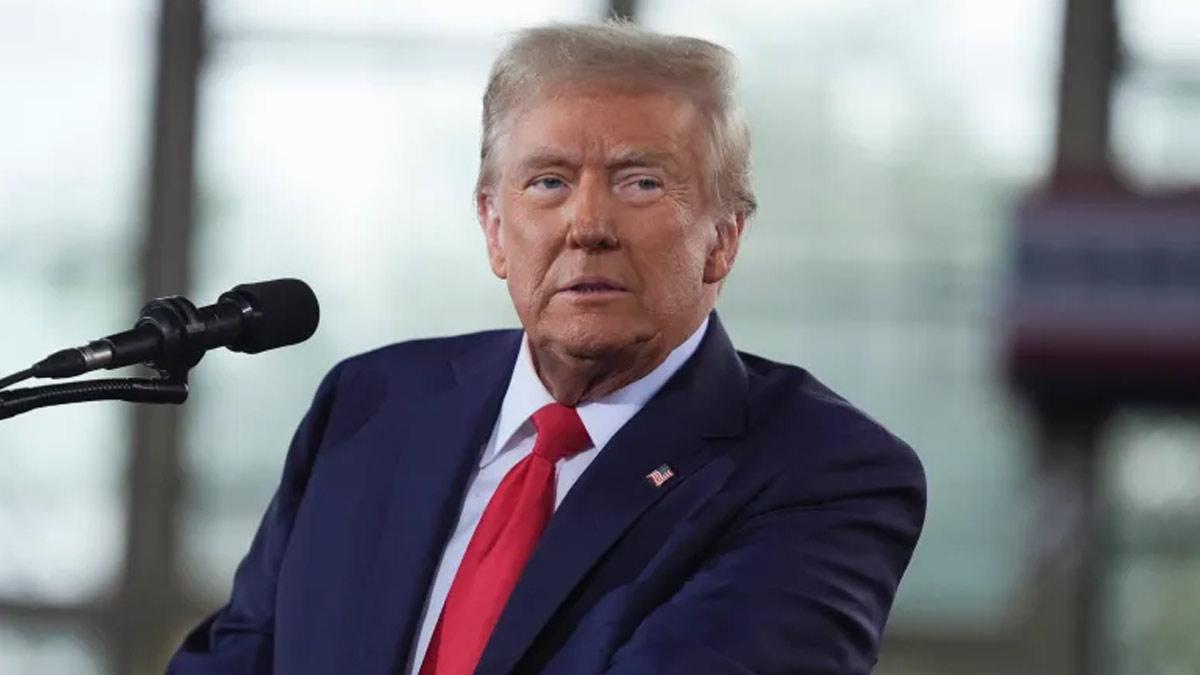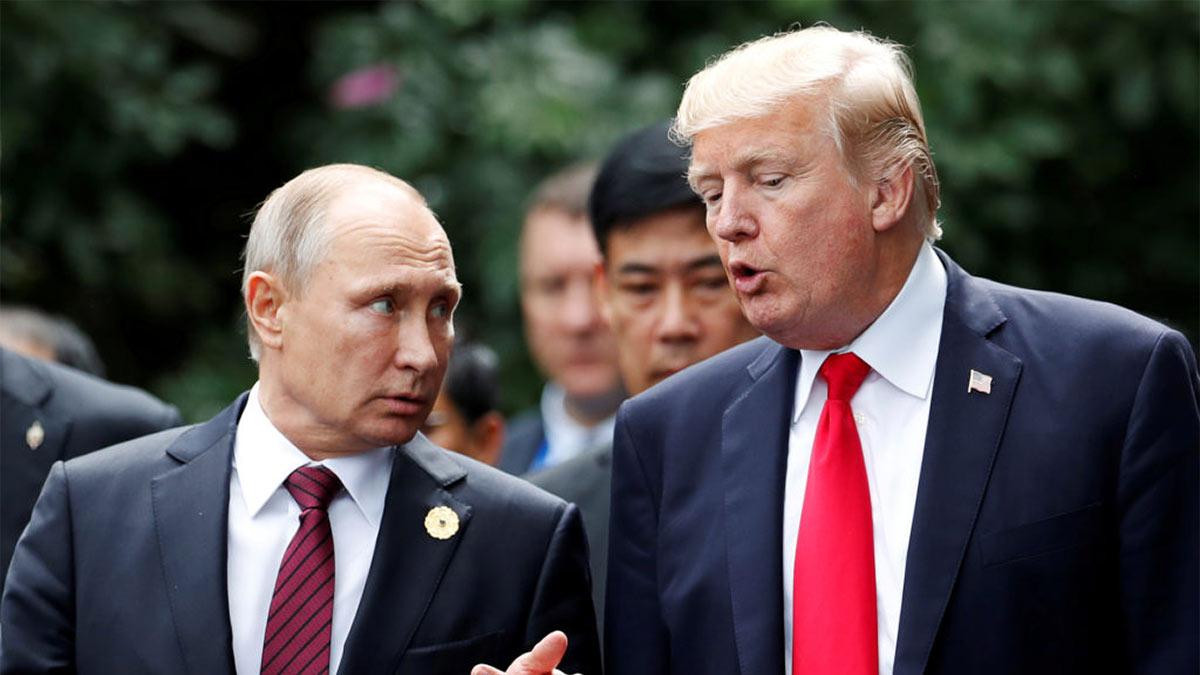India is generally regarded as a strong candidate for a permanent seat on a reformed United Nations Security Council (UNSC) should the membership be expanded to 21-27, as per Tareq M.A.M. AlBanai, Co-chair of the UN reform talks.
Addressing journalists on Thursday, AlBanai stated, "India is undoubtedly a significant player in the world. If the choice is made to enlarge the Security Council within that bracket, India will definitely be in the running."
But he added that the ultimate choice lies in the hands of the UN's full membership of 193 states. "The aim is to have the Council reflective of the entire global family," he added.
Recalling his trip to India last year with former Austrian Ambassador Alexander Marschik, AlBanai said there were top-level talks with Indian officials and emphasized the role of inclusivity in determining the future of the Security Council.
AlBanai, Kuwait's permanent representative to the UN and chair of the Intergovernmental Negotiations (IGN) on Council reform, gave an update on the progress being made.
One of the main Indian and other countries' demands has been the use of a formal negotiating text to drive the negotiations. On this, AlBanai was optimistic, stating, "We are moving towards text-based negotiations, which is perhaps the least complex part of the process. The real challenge is consensus-building on the contents of that text."
One of the principal barriers to reform is opposition from the "Uniting for Consensus" group — a coalition of nations headed by Italy and including Pakistan — opposed to the increase in permanent seats on the Council. Their opposition has held back attempts to make negotiations formal, thus slowing down the process.
Though progress has been made in recent years, AlBanai admitted that the path to reform remains arduous and lengthy. "It would be misleading to suggest we can complete this within a year. These reforms are intended to endure for a century, so we must handle this with caution and patience."
Even as he characterized 2030 as a "realistic" timeframe, AlBanai was also careful not to commit. "I can't promise it's going to get done by 2030, or by a certain year," he acknowledged.
He also pointed out that revising the UN Charter, which might be necessary for some changes, is a profoundly intricate and long process. "Whatever reforms are brought in must be robust and agile enough to be able to take on the challenges the UN and the world might face in the next 100 years," he stated.
Looking forward, AlBanai called for open and inclusive discussion without coercion from rigid timetables. "Structured discussions without artificial deadlines or limitations are necessary to reach a wide consensus," he concluded.
Read also| California sues Trump administration over 'unlawful tariffs'

